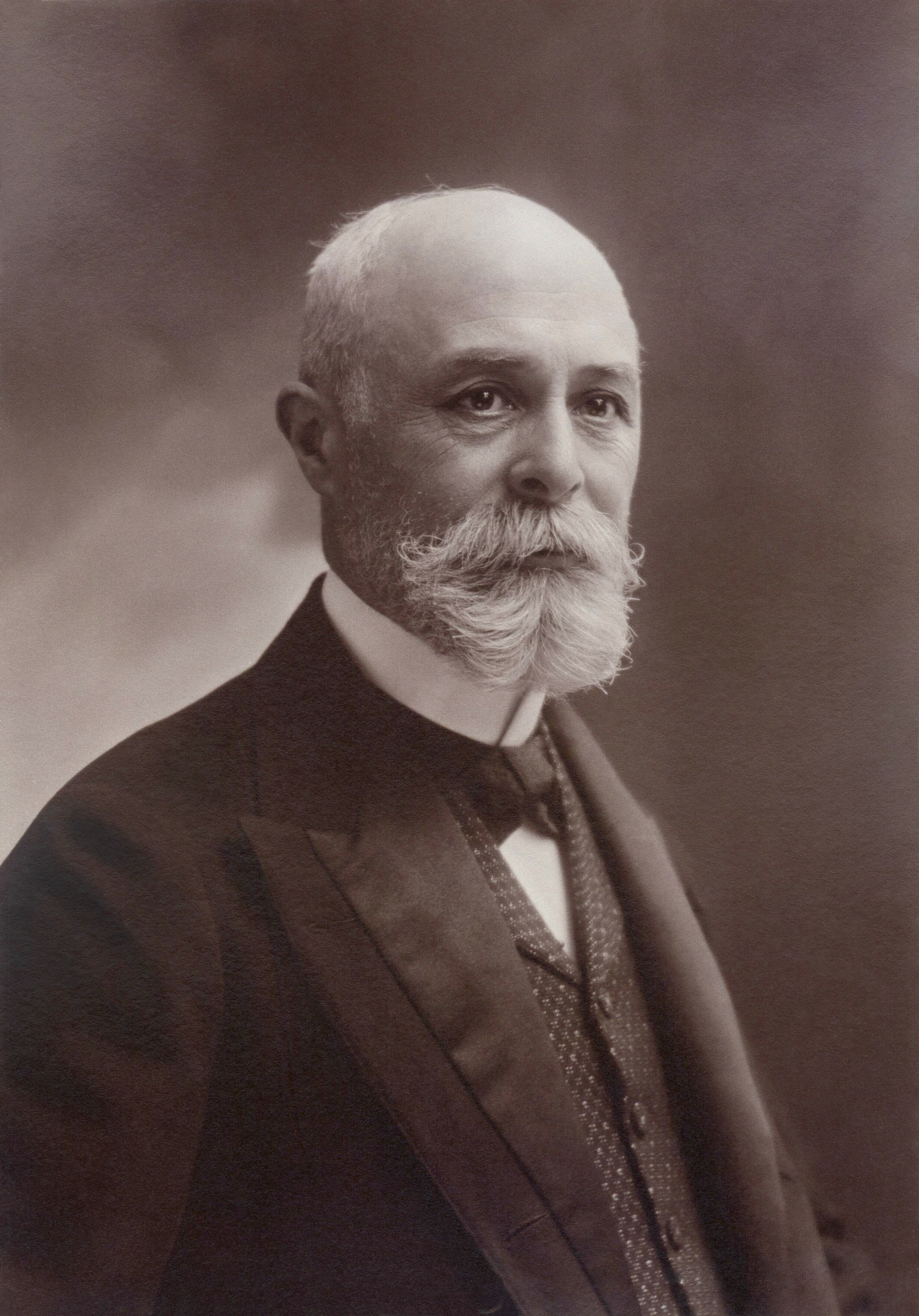Leo Szilard: The Genius Behind the Bomb
. Source. 1992. TODO an external link to the production? Producers credited at end: Helen Weiss and Alain Jehlen. As indicated at: archive.org/details/TheGeniusBehindtheBomb it was apparently produced by WGBH, public radio station from Boston.He was a leading figure at the MIT Radiation Laboratory, and later he was head at the Columbia University laboratory that carried out the crucial Lamb-Retherford experiment and the anomalous magnetic dipole moment of the electron published at The Magnetic Moment of the Electron by Kusch and Foley (1948) using related techniques.
This is a good book. It is rather short, very direct, which is a good thing. At some points it is slightly too direct, but to a large extent it gets it right.
The main goal of the book is to basically to build the Standard Model Lagrangian from only initial symmetry considerations, notably the Poincaré group + internal symmetries.
The book doesn't really show how to extract numbers from that Lagrangian, but perhaps that can be pardoned, do one thing and do it well.
DokuWiki about physics, mostly/fully written by Jakob Schwichtenberg and therefore focusing on particle physics, although registration might be open to all.
This is the one Ciro Santilli envies the most, because he has such a great overlap with Ciro's interests, e.g.:
John von Neuman - a documentary by the Mathematical Association of America (1966)
Source. Some good testimonies. Some boring.He started working at night and sleeping during the moring/early afternoon while he was at university.
He was the type of guy that was so good that he didn't really have to follow the university rules very much. He would get into trouble for not following some stupid requirement, but he was so good that they would just let him get away with it.
Besides quantum electrodynamics, Julian worked on radar at the Rad Lab during World War II, unlike most other top physicists who went to Los Alamos Laboratory to work on the atomic bomb, and he made important contributions there on calculating the best shape of the parts and so on.
He was known for being very formal mathematically and sometimes hard to understand, in stark contrast to Feynman which was much more lose and understandable, especially after Freeman Dyson translated him to the masses.
However, QED and the men who made it: Dyson, Feynman, Schwinger, and Tomonaga by Silvan Schweber (1994) does emphacise that he was actually also very practical in the sense that he always aimed to obtain definite numbers out of his calculations, and that was not only the case for the Lamb shift.
physicist with lots of focus on politically incorrect/Right wing stuff:
- motls.blogspot.com/ his blog
- physics.stackexchange.com/users/1236/lubo%c5%a1-motl he has lots of contributions to Physics Stack Exchange
- settheory.net/crackpot-physics: some comments about him from settheory.net
Pinned article: Introduction to the OurBigBook Project
Welcome to the OurBigBook Project! Our goal is to create the perfect publishing platform for STEM subjects, and get university-level students to write the best free STEM tutorials ever.
Everyone is welcome to create an account and play with the site: ourbigbook.com/go/register. We belive that students themselves can write amazing tutorials, but teachers are welcome too. You can write about anything you want, it doesn't have to be STEM or even educational. Silly test content is very welcome and you won't be penalized in any way. Just keep it legal!
Intro to OurBigBook
. Source. We have two killer features:
- topics: topics group articles by different users with the same title, e.g. here is the topic for the "Fundamental Theorem of Calculus" ourbigbook.com/go/topic/fundamental-theorem-of-calculusArticles of different users are sorted by upvote within each article page. This feature is a bit like:
- a Wikipedia where each user can have their own version of each article
- a Q&A website like Stack Overflow, where multiple people can give their views on a given topic, and the best ones are sorted by upvote. Except you don't need to wait for someone to ask first, and any topic goes, no matter how narrow or broad
This feature makes it possible for readers to find better explanations of any topic created by other writers. And it allows writers to create an explanation in a place that readers might actually find it.Figure 1. Screenshot of the "Derivative" topic page. View it live at: ourbigbook.com/go/topic/derivativeVideo 2. OurBigBook Web topics demo. Source. - local editing: you can store all your personal knowledge base content locally in a plaintext markup format that can be edited locally and published either:This way you can be sure that even if OurBigBook.com were to go down one day (which we have no plans to do as it is quite cheap to host!), your content will still be perfectly readable as a static site.
- to OurBigBook.com to get awesome multi-user features like topics and likes
- as HTML files to a static website, which you can host yourself for free on many external providers like GitHub Pages, and remain in full control
Figure 3. Visual Studio Code extension installation.Figure 4. Visual Studio Code extension tree navigation.Figure 5. Web editor. You can also edit articles on the Web editor without installing anything locally.Video 3. Edit locally and publish demo. Source. This shows editing OurBigBook Markup and publishing it using the Visual Studio Code extension.Video 4. OurBigBook Visual Studio Code extension editing and navigation demo. Source. - Infinitely deep tables of contents:
All our software is open source and hosted at: github.com/ourbigbook/ourbigbook
Further documentation can be found at: docs.ourbigbook.com
Feel free to reach our to us for any help or suggestions: docs.ourbigbook.com/#contact









